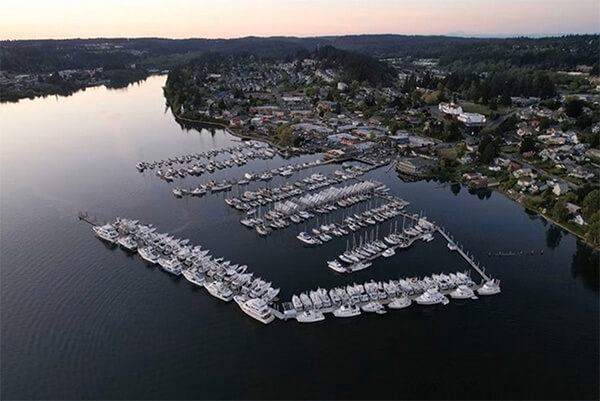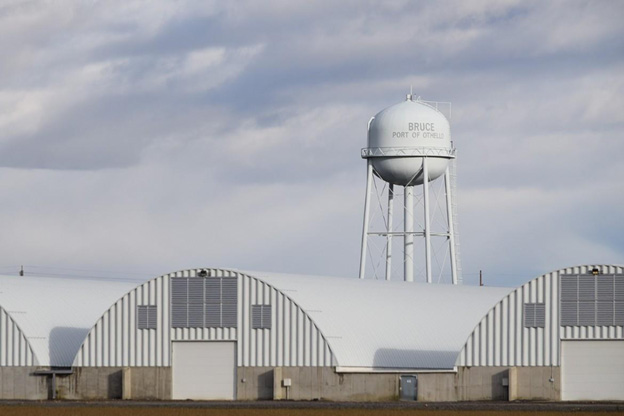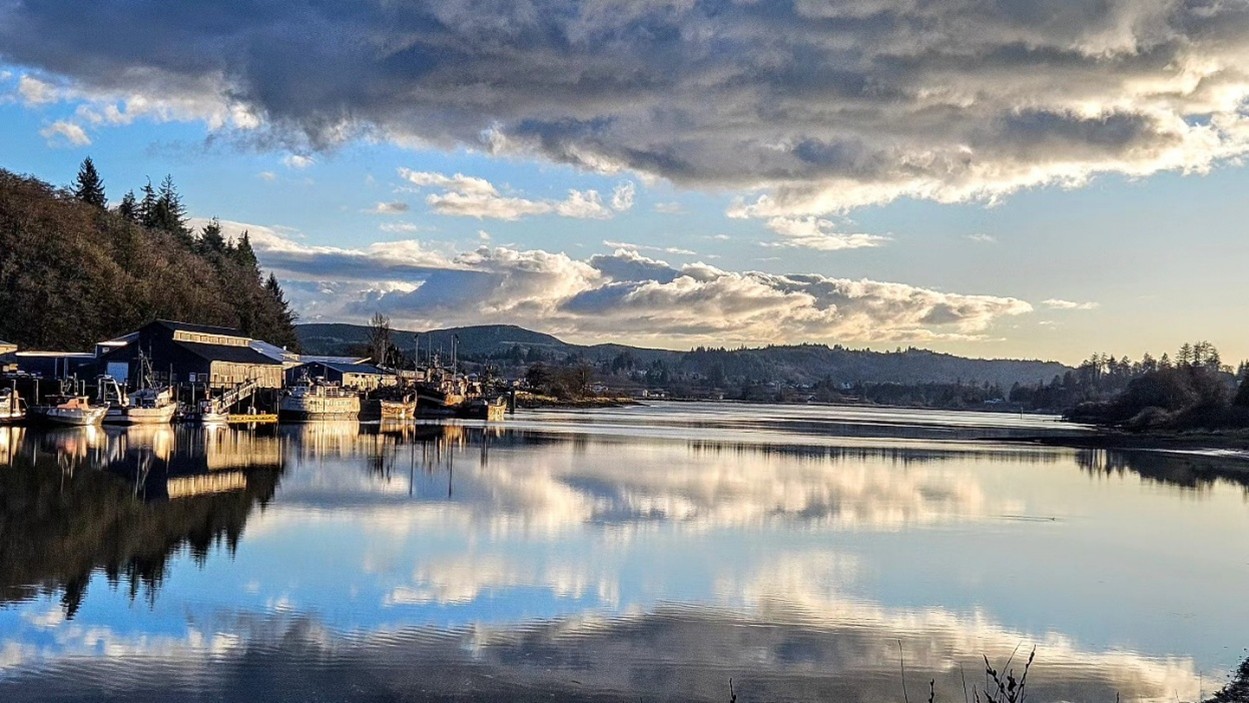The Model Toxics Cleanup Act, or MTCA is a program that takes a portion of the hazardous substances tax and turns it into money for toxic site clean up efforts across the state. These cleanup efforts generate jobs—but not just for the duration of the cleanup project. Ports who receive MTCA money to remediate toxic sites then invest in making these sites productive again. If you want you know more about the history of MTCA, check out our first blog post on the topic here.
This virtuous circle is typified by the Port of Tacoma’s efforts to remediate the environmental damage caused by the Asarco smelter’s slag, which was dumped into water along the port as ballast to stabilize the ground.
The Asarco smelter operated in the Puget Sound region starting in the turn of the last century. Many log yards that operated along the Puget Sound area used the Asarco slag, or waste product, to shore up and create more land to aid in log shipment. Wood waste products from log yards is acidic in nature, and scientists discovered that the interaction between the wood and the slag was leaching heavy metals into the groundwater and soil.

The Port of Tacoma before MTCA remediation grant funding.
In the late 1980s and early 1990s, Tacoma-based Murray Pacific Corporation routinely shipped 150 million board feet of logs overseas each year from its various log yards. Log yard #2 on the Blair Waterway, like many log yards in the Tideflats, imported Asarco slag as ballast to stabilize the ground.
The Port of Tacoma remediated and capped the site of Murray Pacific’s log yard #2 and redeveloped it into Washington United Terminals, which opened in 1999. The marine container terminal now supports an estimated 4,650 direct jobs each year in Washington state, including rail, trucking, longshore and warehouse workers who handle the cargo that flow through the terminal.
The Port of Tacoma after MTCA remediation funding.
By preserving MTCA funds for their intended purpose of cleaning up these old industrial sites, the environment is returned to a safe, useable space that can be healthy and productive for generations to come. Ports also use these sites to create more jobs for their communities, creating economic opportunity—something vitally important during these challenging economic times.





